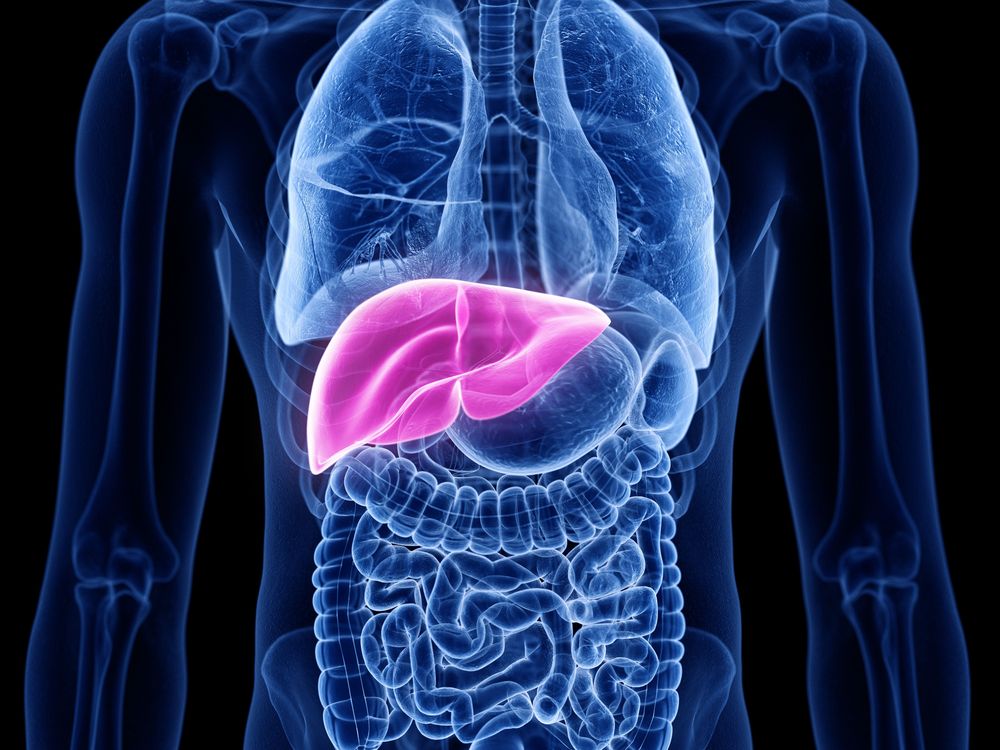On the Fast Track to a More Targeted Treatment for Rare Disease
Wilson disease may be rare, but its impact can be substantial. Affecting approximately one in 30,000 people worldwide,1 Wilson disease is caused by a mutation on a single gene – ATP7B – leading to excessive and potentially life-threatening buildup of copper in the liver, brain, eyes, and other parts of the body. Current treatment options focus on clearing this copper buildup.2 While these treatments offer some benefit for patients, a more holistic approach is needed to address the condition. A new investigational gene therapy aims to address the underlying cause of Wilson disease and deliver a functioning copy of the gene to the liver, which may offer promise to patients and their families.
We are collaborating with Vivet Therapeutics, a French biotech company, to develop an investigational adeno-associated virus (AAV) gene therapy to treat Wilson disease. Vivet’s therapeutic candidate, known as VTX-801, recently received Fast Track designation from the U.S. Food and Drug Administration (FDA), a process designed to facilitate development and expedite the review of potential medicines that are being developed to treat serious conditions addressing an unmet need.3

Wilson disease is caused by a mutation on a single gene, leading to excessive and potentially life-threatening buildup of copper in the liver.
“The FDA’s decision to grant VTX-801 Fast Track designation underscores the urgent need for new therapeutic options to address this devastating disease which, if left untreated, can be fatal,” said Seng H. Cheng, Senior Vice President and Rare Disease Research Unit Chief Scientific Officer, at Pfizer.
Through this collaboration – which brings together the scientific expertise of both companies as well as our state-of-the art gene therapy manufacturing capabilities – Pfizer and Vivet hope to advance this potential therapy more rapidly for patients living with this rare, inherited liver disorder. VTX-801 is currently under investigation in a Phase 1/2 clinical trial, called GATEWAY, to determine its safety, tolerability, and durability.
“Wilson disease can be debilitating, difficult to diagnose, and complicated to manage,” Cheng said. “We believe in the promise of gene therapy to target the root cause of this disease and to make a meaningful difference in the lives of patients, utilizing a novel treatment approach.”
American Society of Gene + Cell Therapy. Wilson Disease. https://patienteducation.asgct.org/disease-treatments/wilson-disease. Published 2021. Accessed December 8, 2021.
Pfizer. A Rare Disease Halts a Navy Pilot’s Dreams, But Gives Him a New Mission as Patient Advocate. https://www.pfizer.com/news/hot-topics/a_rare_disease_halts_a_navy_pilot_s_dreams_but_gives_him_a_new_mission_as_patient_advocate. Published 2022. Accessed December 8, 2021.
Pfizer. VTX-801 Receives U.S. FDA Fast Track Designation for the Treatment of Wilson Disease. https://www.pfizer.com/news/press-release/press-release-detail/vtx-801-receives-us-fda-fast-track-designation-treatment. Published 2021. Accessed December 8, 2021.


